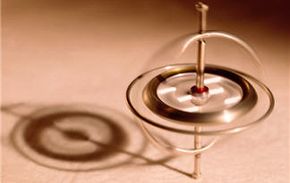Imagine an energy source that was infinite, clean, and completely scalable. It would solve many of the world's problems -- and sounds too good to be true. This is the promise of "zero-point energy" - the idea that the lowest possible energy of a system, its "ground state," can in fact be harnessed by a machine -- and, unfortunately, still very much in the realm of science fiction.
On the next page, learn more about zero-point energy.
Advertisement


